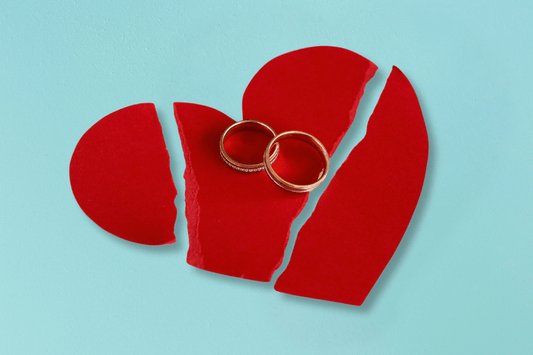Jess Asks...

Hi Jess,
I’m sorry to hear you’re dealing with hot flashes – and it is entirely possible some foods may be triggering them. If it’s any consolation, you’re not alone!
The hormonal changes that happen around the time of menopause, and even for a few years afterward, can affect everything from your digestion, to your stress, weight, and sleep, and they’re definitely responsible for hot flashes. Everyone is different, and there really isn’t a one-size-fits-all diet for menopause, but here are a few suggestions based on what the research has found.
- You’re smart to be careful with coffee (or anything with caffeine, like tea, chocolate or colas) and alcohol. Those are 2 big triggers for many women.
- In addition, hot or spicy foods can be a trigger. Is the rice and beans dish you make on the spicy side? If so, try to tone down the spice and see if that helps.

- Eating or drinking very hot foods can also set off a hot flash – as can being in a warm room or sleeping under too many blankets.
- Eating more processed foods, especially sweets, desserts, chips and other snack foods, fast foods, and anything with lots of salt or sugar may also trigger hot flashes. In general, the research shows that women who eat a whole-foods diet with lots of fruits and vegetables tend to have fewer hot flashes while women who eat more processed foods have more hot flashes.
- I would also recommend eating small portions at mealtimes and adding healthy snacks in between to balance your blood sugar and your hormones. You can also add organic, unprocessed soy like tofu, tempeh or edamame. The phytoestrogens in soy do help reduce hot flashes in some women, but it doesn’t work for everyone.
- If you don’t want to eat soy, or if it doesn’t work for you, I would bump up your other sources of phytoestrogens by mixing in foods like ground flax meal, any kind of beans, (just not too spicy!), barley, yams, and berries.
- One last tip that can be helpful is to include a few small servings of healthy fats each day. A handful of nuts, ½ of an avocado, or a handful of olives, are all good sources as is olive oil.

Finally, you might try to keep a hot flash journal to see when they occur most often, if they’re related to something you just ate/are eating, if they’re related to stress or your sleep habits etc. That makes it easier to pinpoint and change your triggers.





